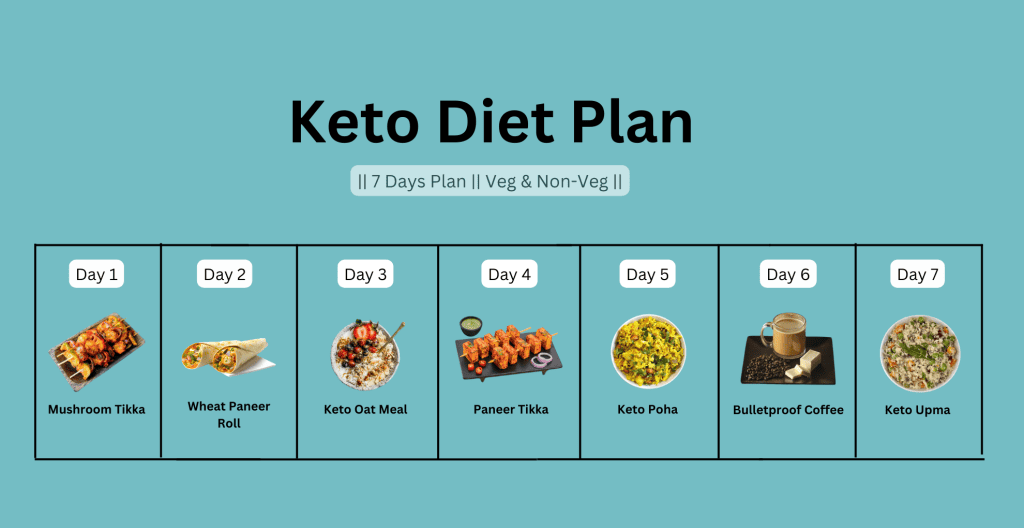Top 5 Reasons to Choose Butter in Your Daily Diet
Butter has long been a staple in kitchens around the world, and for good reason. Packed with flavor, it enhances the taste of numerous dishes—from savory meals to baked goods. But beyond its culinary delights, butter also boasts several health benefits that can support a balanced diet. In this article, we’ll explore the top five reasons to incorporate butter into your daily meals, shedding light on its nutritional content, health benefits, and comparisons to margarine and other fats. Whether you are a butter lover or just curious about its health implications, you’ll find valuable insights here.
As you delve deeper into the reasons for including butter in your diet, you’ll discover its unique qualities, its role in low-carb diets like keto, and how it can be consumed responsibly without compromising on health. Let’s uncover the benefits of this classic ingredient!
1. Nutritional Benefits of Butter
Butter is rich in essential nutrients and contains a variety of vitamins A, D, E, and K, which are vital for maintaining good health. These fat-soluble vitamins play key roles in nutrient absorption and support functions across the body, from immune health to bone density.
Additionally, butter is a source of healthy fats, particularly saturated fats and butyrate, a short-chain fatty acid that promotes gut health and may reduce inflammation. This makes butter not just delicious, but also beneficial for those looking to enhance their nutrient intake while enjoying their meals.
2. Butter and Low-Carb Diets
For individuals following low-carb or ketogenic diets, butter is a satisfying addition. Low in carbohydrates, butter boasts a carbohydrate content of almost zero, making it an ideal cooking fat for those who want to minimize their carb intake. Instead of relying on processed oils, healthy fats from butter provide a rich taste and support long-lasting energy levels.
Research shows that incorporating butter into a low-carb meal plan can aid in weight loss while keeping you satiated. Butter’s caloric density can help manage hunger and cravings, allowing for better dietary compliance.
3. Health Benefits of Butter
When comparing butter vs margarine carbs, butter often comes out ahead in terms of health benefits. Many margarines contain trans fats, which can increase the risk of heart disease. On the other hand, butter provides natural fats that may improve cardiovascular health when consumed in moderation.
Moreover, butter offers antioxidants which play an essential role in defending your body against oxidative stress. It also contains conjugated linoleic acid (CLA), linked to several health benefits such as improved body composition and potential anti-cancer properties.
4. Culinary Versatility of Butter
Butter is not only delicious but also remarkably versatile. From frying and sautéing to baking and broiling, it can be used in a variety of cooking methods. Its unique flavor allows butter to enhance both sweet and savory dishes, making it a beloved ingredient among chefs and home cooks alike.
For those looking to experiment, compound butters offer exciting flavor pairings that elevate meats and veggies. Whether you’re making gourmet butter spreads or using it to create delightful sauces, butter is a powerful ingredient that can bring depth and richness to any recipe.
5. Butter Alternatives and Options
While butter is a classic choice, there are also several low-carb butter options available that you might consider. Ghee, for example, is clarified butter that has a slightly higher smoke point and a nutty flavor, making it an excellent choice for high-heat cooking.
There are also vegan butter substitutes that cater to those who are dairy-free or looking for lower-calorie options. These alternatives can provide a similar taste without the carbs, suitable for anyone wanting to maintain their health while enjoying a buttery flavor profile.
Conclusion: Embrace Butter in Your Diet
In summary, choosing butter in your daily diet can offer a variety of nutritional benefits, especially for those focused on low-carb or keto lifestyles. It provides healthy fats essential for various bodily functions while enhancing the flavors of your favorite meals. Remember to enjoy it in moderation and seek quality varieties that align with your dietary needs.
As trends in butter continue to evolve, embracing this ingredient can lead to improved culinary experiences. So go ahead, indulge in butter and discover how it can transform your meals into delightful creations!
 example.com/image2.png
example.com/image2.png
For further reading on healthy fats and cooking oils vs. butter carbs, be sure to check out additional articles on this topic.
 example.com/image3.png
example.com/image3.png 